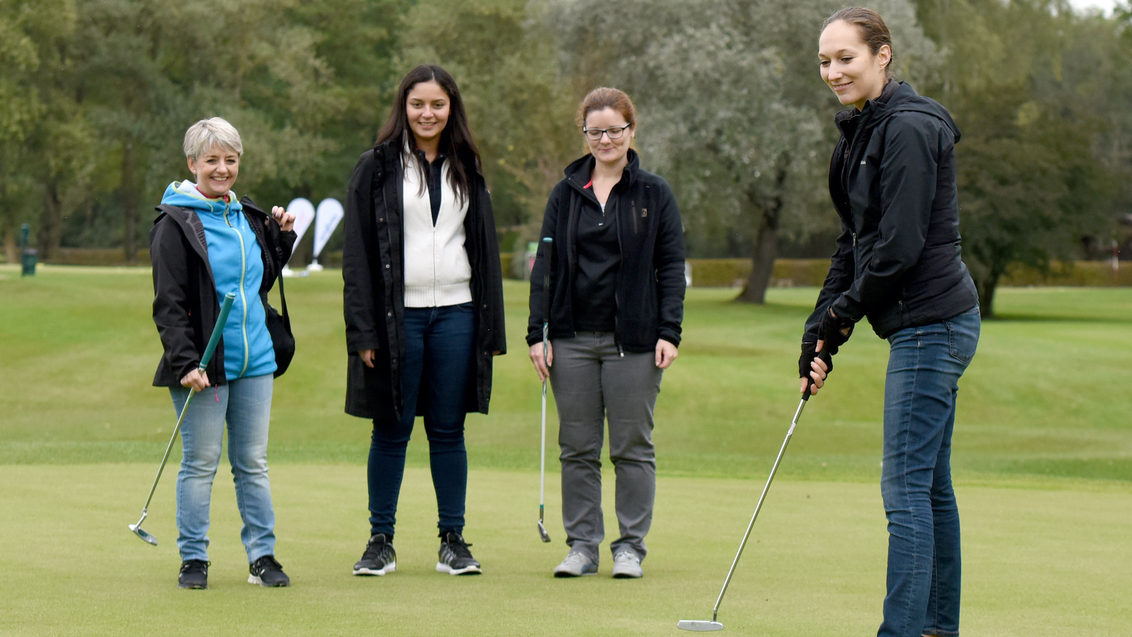New research adds weight to golf’s pandemic appeal

A new international study may provide answers to golf’s resurgence during the coronavirus pandemic.
Academics in the UK, Austria and Malaysia found that spending more time outdoors and switching off devices is associated with higher levels of happiness during a period of coronavirus-related restrictions.
The study examined how levels of happiness during a national lockdown were impacted by time outdoors, daily screen time (TV, computer, smartphone) and feelings of loneliness.
It revealed that levels of happiness were higher when participants were outdoors rather than indoors, and that more daily screen time was associated with lower levels of happiness. In addition, the impact of loneliness was less when they spent time outdoors.
Golf experienced a dramatic resurgence as clubs and courses reopened around the world last year following lockdown restrictions.
In May 2020, ‘golf club membership’ Google searches reached a 5-year high across the United States, Canada and the United Kingdom.
Since then, global stories have emerged from clubs reporting swathes of new members, including one club in Scandinavia, which recruited 37 new members in just five weeks following a partial lockdown.
- Golf booming in USA
- Scandinavian club reports surge in membership sales
- Golf club membership searches soar
And participation at all levels has boomed. Despite coronavirus restrictions, recent data from the National Golf Foundation in the United States confirmed there were 57 million more rounds played in 2020 compared to 2019.
The study brought together academics from Anglia Ruskin University, the University of Health Sciences in Austria and Perdana University in Malaysia.
Viren Swami, Professor of Social Psychology at Anglia Ruskin University (ARU), said: "While lockdowns can help slow down the transmission of COVID-19, research has also shown that prolonged periods of lockdown take their toll on mental health.
"Our results are important in this context because they show that being able to spend time outdoors under conditions of lockdown has a beneficial impact on psychological wellbeing.
“Being outdoors provides opportunities to escape from the stresses of being confined at home, maintain social relationships with others, and engage in physical activity -- all of which can improve mental health.”

